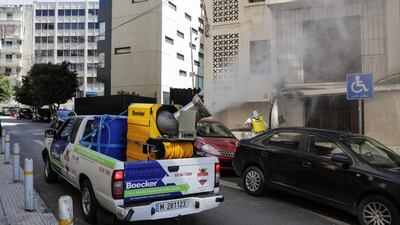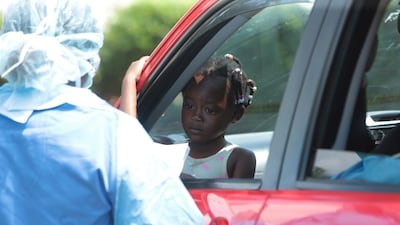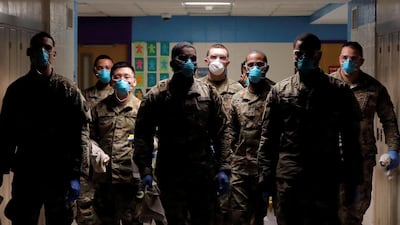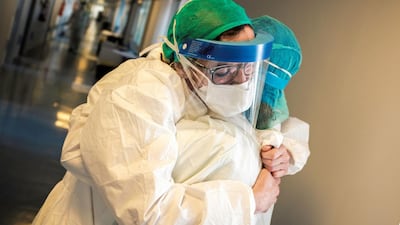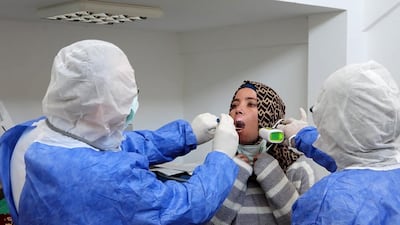Lebanon’s coronavirus outbreak has “reached a new high,” the head of the country’s main hospital treating the patients said on Sunday as army helicopters circled Beirut calling broadcasting calls for people to stay home.
Firass Abiad, the head of Lebanon’s Rafic Hariri University Hospital, said that new cases on Saturday included a 2-year old infant, “a pregnant patient who underwent a C-section and 6 transfers from other hospitals.”
On Saturday evening, Prime Minister Hassan Diab said that the number of cases had risen to 230 despite a call on March 15 for everyone to stay at home.
Cases have soared in the region of Jbeil, north of the capital. The army issued a statement on Sunday morning saying that it would increase patrols and that offenders could face up to 6 months in prison if caught on the streets without good reason.
Mr Abiad said that Rafic Hariri Hospital, which is the main hospital for coronavirus treatment, was currently functioning at 70 per cent occupancy rate and was testing up to 200 people a day.
He announced that the hospital would increase bed capacity by 50 per cent and double testing capacity by March 31.
Officials fear that Lebanon could run out of ventilators if cases increase dramatically.
On Friday, Health Minister Hamad Hassan attempted to reassure the public by saying that there were 1,185 ventilators in the country of around 4.5 million people. “We need around 500 to 600 at the current stage,” he said.
Months before the pandemic struck Lebanon, the local health sector was already suffering from the country’s worst economic crisis in its history and struggling hospitals were finding it hard to import medical equipment.
